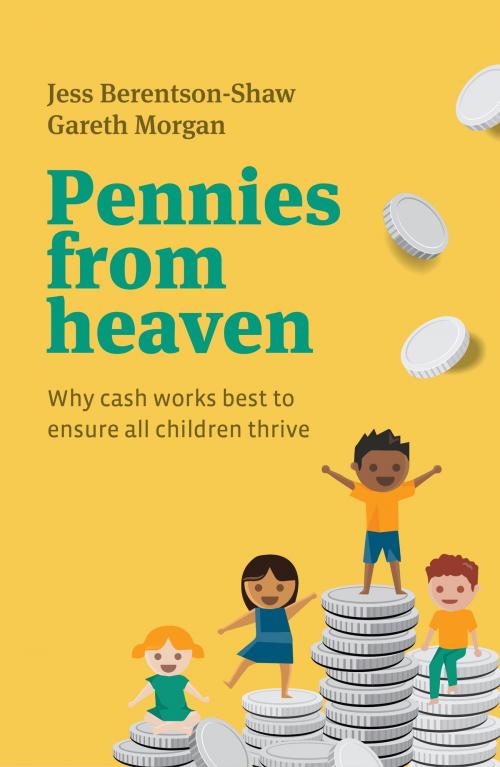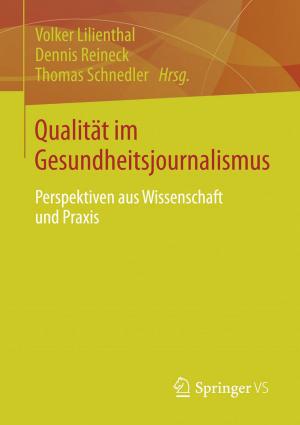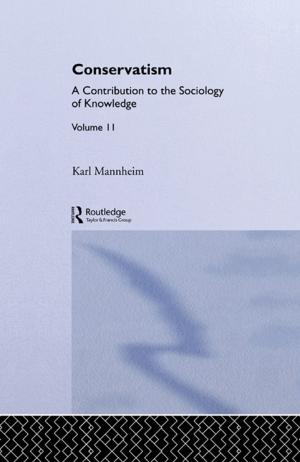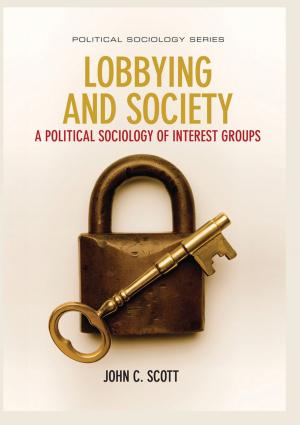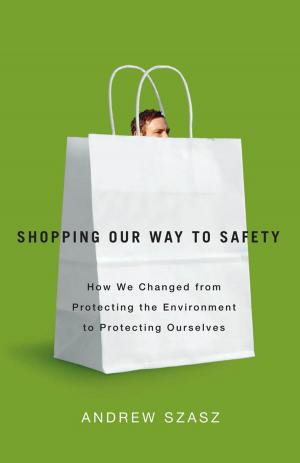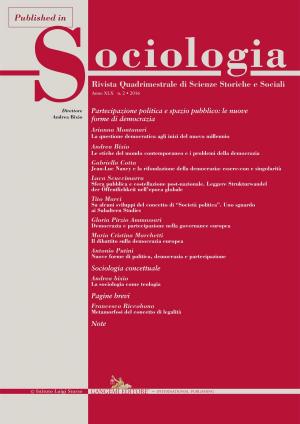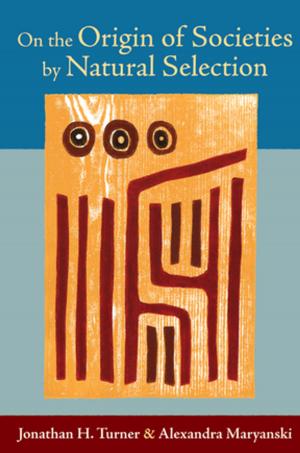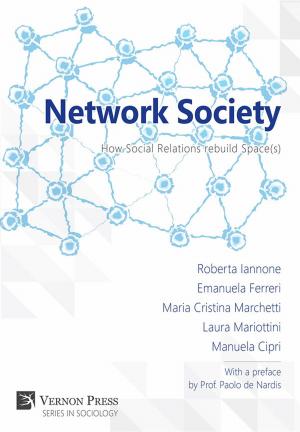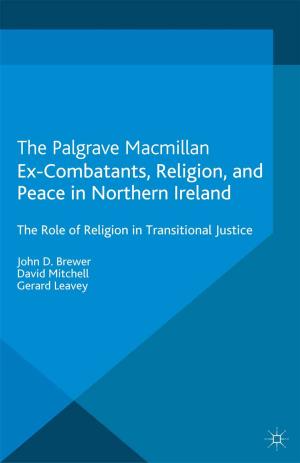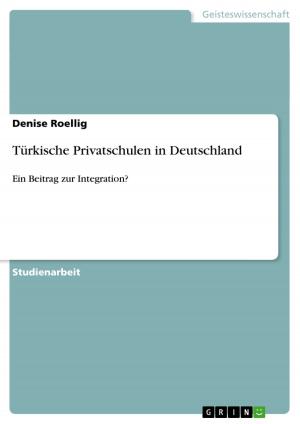Pennies from Heaven
Why Cash Works Best To Ensure All Children Thrive
Nonfiction, Social & Cultural Studies, Social Science, Sociology| Author: | Gareth Morgan, Jess Berenston-Shaw | ISBN: | 9780994146113 |
| Publisher: | Public Interest Publishing | Publication: | March 1, 2017 |
| Imprint: | Phantom House Publishing | Language: | English |
| Author: | Gareth Morgan, Jess Berenston-Shaw |
| ISBN: | 9780994146113 |
| Publisher: | Public Interest Publishing |
| Publication: | March 1, 2017 |
| Imprint: | Phantom House Publishing |
| Language: | English |
Are our strategies working to ensure all New Zealand children have the chance to thrive? Or are we wasting time, effort, and children's lives on solutions that make us feel good, yet fail to achieve lasting benefits for our most disadvantaged families? In Pennies from Heaven we seek to uncover the most potent ways to give all children in Aotearoa a "fair go". Why in New Zealand, a country in which concepts of fairness and equality are deeply embedded in our social fabric, are children from the lowest-income families not thriving as other children? Growing up poor, even in wealthy countries like ours, powerfully limits a child's chance to realise their potential. A growing body of research highlights how toxic the stress experienced by resource-poor families can be to a developing child and how the impacts can last a lifetime. But interventions, such as parental employment programmes, school breakfast schemes and parental education, are more popular than they are powerful at improving children's lives. Is an unconditional universal payment to families with babies and young children the potent medicine to ensure our children get the best possible start? How can it help those on the lowest incomes? We explore why such payments may work and how families under pressure respond when given "no-strings" money to support their children. We consider how much such a policy will cost in Aotearoa and where the money might come from. It is within our power and ability to give all children of Aotearoa the best start in life; there are realistic policies that will work. It means recognising that for all children there are parents, grandparents, or whanau who will give children a decent start as long as they are not being pushed to breaking point: They are "families like ours". And all families need the right type of support, not populist responses, to develop a nursery of opportunity for their children.
Are our strategies working to ensure all New Zealand children have the chance to thrive? Or are we wasting time, effort, and children's lives on solutions that make us feel good, yet fail to achieve lasting benefits for our most disadvantaged families? In Pennies from Heaven we seek to uncover the most potent ways to give all children in Aotearoa a "fair go". Why in New Zealand, a country in which concepts of fairness and equality are deeply embedded in our social fabric, are children from the lowest-income families not thriving as other children? Growing up poor, even in wealthy countries like ours, powerfully limits a child's chance to realise their potential. A growing body of research highlights how toxic the stress experienced by resource-poor families can be to a developing child and how the impacts can last a lifetime. But interventions, such as parental employment programmes, school breakfast schemes and parental education, are more popular than they are powerful at improving children's lives. Is an unconditional universal payment to families with babies and young children the potent medicine to ensure our children get the best possible start? How can it help those on the lowest incomes? We explore why such payments may work and how families under pressure respond when given "no-strings" money to support their children. We consider how much such a policy will cost in Aotearoa and where the money might come from. It is within our power and ability to give all children of Aotearoa the best start in life; there are realistic policies that will work. It means recognising that for all children there are parents, grandparents, or whanau who will give children a decent start as long as they are not being pushed to breaking point: They are "families like ours". And all families need the right type of support, not populist responses, to develop a nursery of opportunity for their children.
